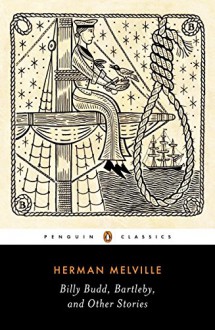
As we approach Mother's Day in the U.S., pop culture has lately been reassuring me that my decision to never have children is a good one.
Most recently, I went to see the movie Tully, in which a woman who's just had her third child struggles to sleep and care for herself until finally she relents and accepts her brother's gift of a night nanny. Life for her improves markedly, perhaps magically (for a reason).
Inspired by Tully, I consciously chose to read After Birth. Might as well ride this wave of mother-related trauma, I thought. The novel follows Ari, a first time mother, over the course of three months, her son just turning one. It flashes back to when she was pregnant, endured what she feels was a needless C-section, and when what is likely to be post-partum depression ensues.
In its bitterness, its sometimes funny rants and ambivalence about Jewish identity, After Birth felt of a piece with Albert's first novel, The Book of Dahlia, which I read last year. I admired that book for its stubbornly unforgiving protagonist, dying of brain cancer. Similarly, Ari's often caustic, volatile voice, her resentment at modern birth practices and various mothering cliques, as well as the unnecessary isolation of motherhood, was often refreshing to read. Sometimes, however, it became a bit much for me.
Ari wrestles with her past, doomed relationships with other women, including her mean mother, who died of cancer when she was young, former friends, roommates, lovers. In the present, she befriends and helps a new mom who was in a seminal feminist band. This relationship enables Ari to "grow up," to perhaps become less judgmental or bitter about the women in her life, and those who may become a part of her life.
Like everything else, motherhood in the U.S. has become commodified, both as an inextricable part of the health care industry and as a way to sell "stuff" that mothers have done without for ages. The most valuable, engaging aspect of After Birth is the insistence that, however individual birth plans and approaches to mothering may be, women are not meant to raise children on their own (whether there's a man or not); we're meant to help each other.

 Log in with Facebook
Log in with Facebook 









